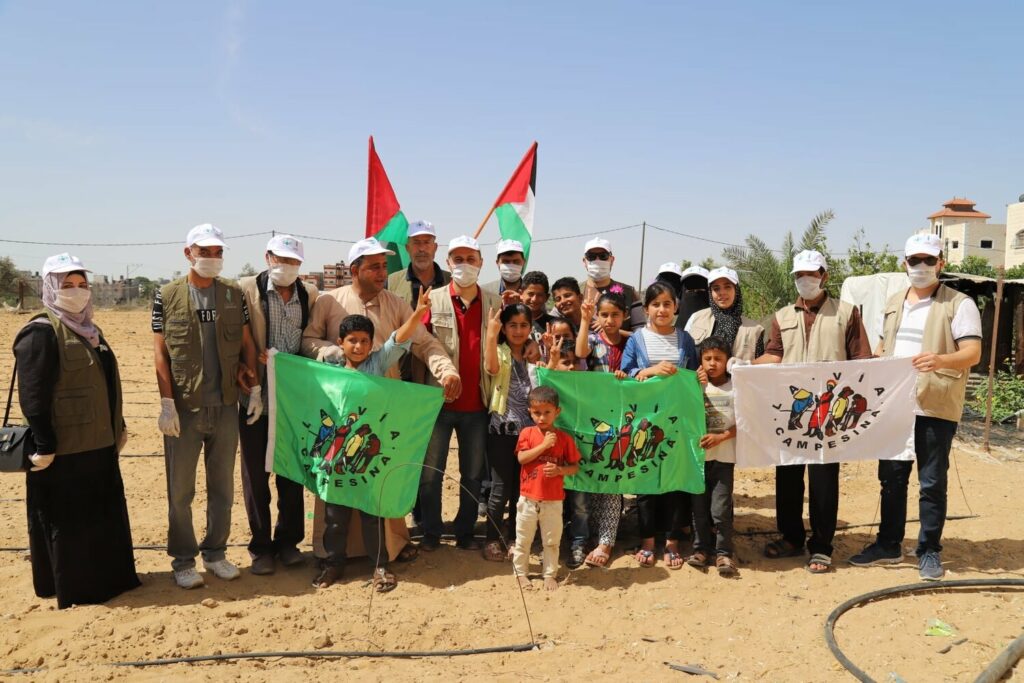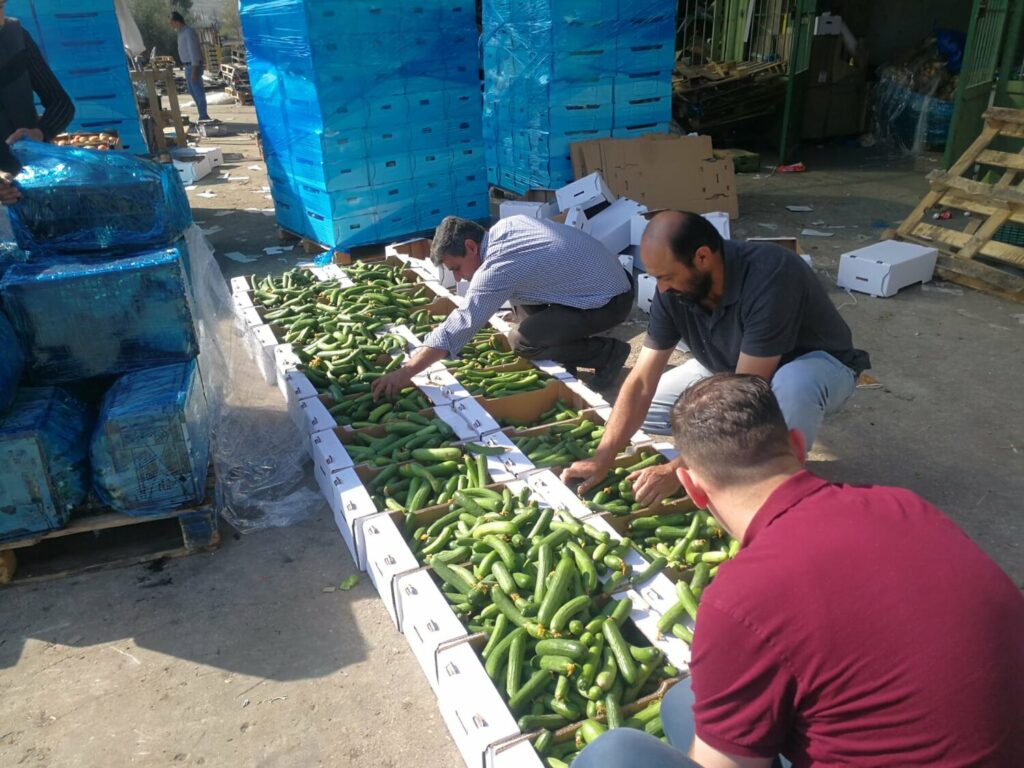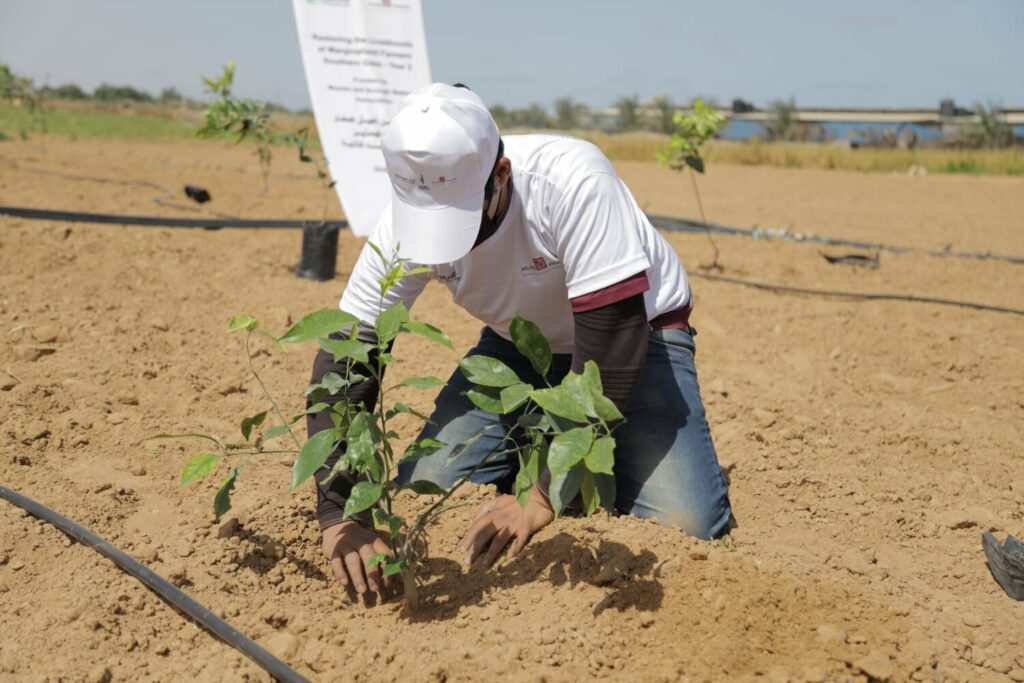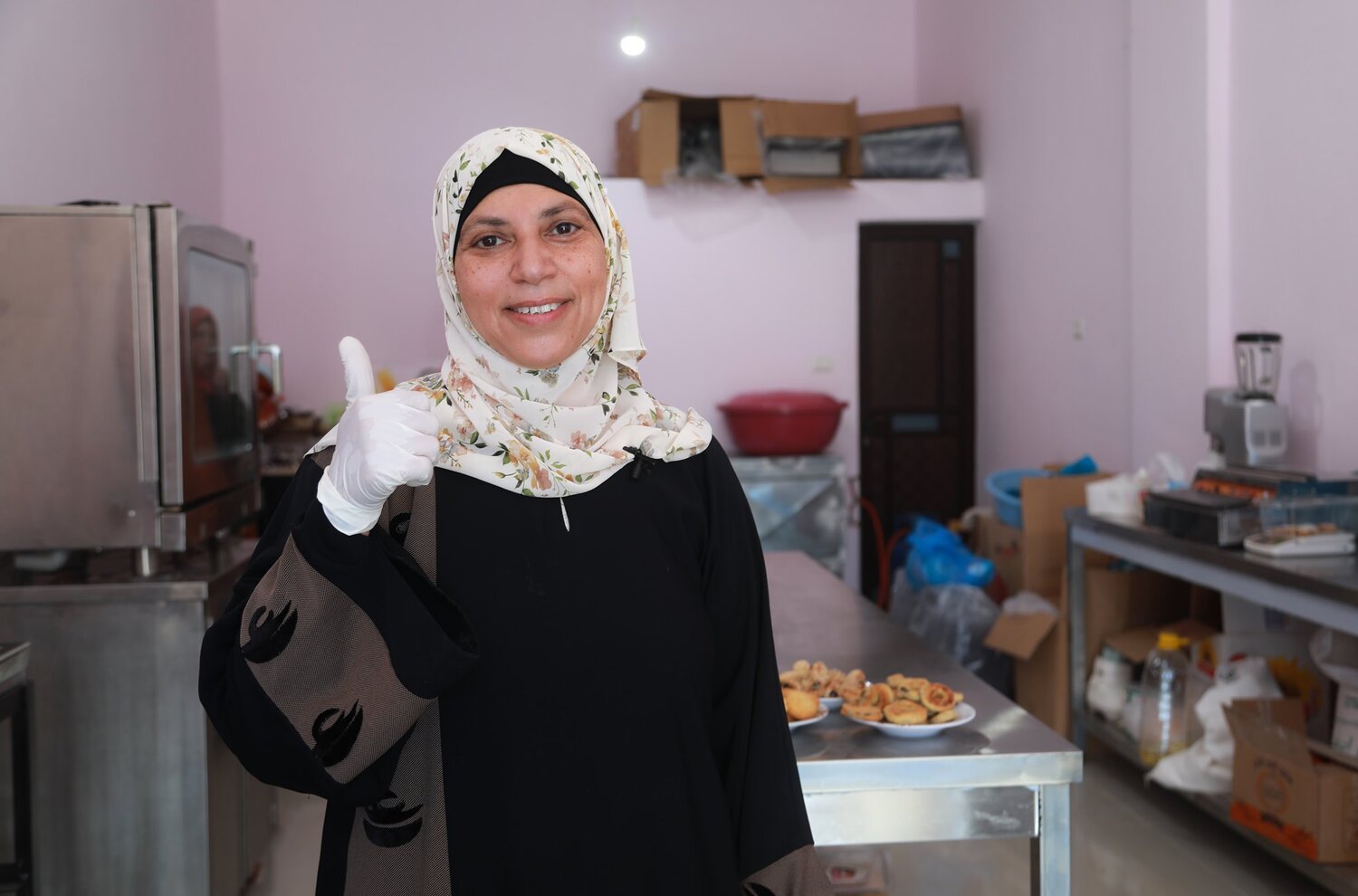The Agroecology Fund recently collaborated with A Growing Culture on a set of episodes of their Hunger For Justice Series. Launched to highlight the inequities of the industrial food system exposed by Covid-19, these live broadcasts feature agroecology leaders from the AEF grantee network, and seek to amplify their grassroots community-led solutions for resilience.
“The series is a chance to pull people with an environmental focus into the social aspect of the food movement. A lot of the people tuning in are familiar with regenerative agriculture and sustainability but not food sovereignty and agroecology,” says A Growing Culture’s Loren Cardeli.
On May 21, 2021 the series featured AEF grantee partner, the Union of Agricultural Work Committees (UAWC), Palestine. UAWC’s Fua’d Abu Saif, Do’a Zayed, and others were in conversation with A Growing Culture’s Dimah Mahmoud.

The Union of Agricultural Work Committees (UAWC) was founded in 1986 to reclaim agricultural land, seed and water resources in occupied Palestine. The grassroots organization seeks to strengthen food sovereignty and reassert Palestinian farmers’ rights to their foodways.
At the Hunger for Justice broadcast, Fuad Abu Saif, UAWC director, spoke of the ongoing humanitarian crisis in Gaza as violence by Israeli forces escalates, exacerbated by the pandemic and increasing water scarcity in the region. (Palestinians are not allowed to drill new water wells, in addition to being denied access to the Jordan River and freshwater springs.) The UAWC supports several projects to increase the resilience of Palestinians farmers and herders, he said.

In this context, sustainable water management is crucial for survival. UAWC supports farmers to rehabilitate existing wells, store rainwater, set up irrigation systems that conserve water, harness solar energy, and increase green cover to mitigate drought. Till date, they estimate that through their work, more than 2 million trees have been planted and 20,000 hectares of land rehabilitated.
“We resist by preserving our agricultural culture and traditions and seeds.”
The Committee’s local seed bank is another project that is key to strengthening resilience. UAWC conserves and distributes scores of traditional seed varieties — radishes, tomatoes, cucumbers, aubergines, zucchini, sesame, sumac, melons, sunflowers, okra and others — each adapted to arid conditions and deeply connected to Palestinian heritage. During the pandemic and subsequent blockades, the seed bank helped farmers feed their families diverse healthy foods using agroecological practices, and to count on some additional income.

“We work closely with youth and children to raise awareness about the importance of agriculture. We are trying to show them that they can plant, they can feel the soil, and regain a connection to their land, to their history.”
Do’a Zayed added that with hands-on exchanges, practical training and other capacity-building exercises, youth are encouraged to cultivate the land and steward the region’s natural resources. Through UAWC’s efforts, women, too, feel more empowered — their traditional knowledge is valued and preserved, and their seed-saving expertise helps build dignity, equity, and community outside the home.
To ensure food security among the displaced and landless, in recent months UAWC has also helped set up rooftop kitchen gardens in refugee camps across Gaza and the West Bank.
Because of their interventions, UAWC is constantly threatened with confiscation of their land and equipment, demolition of farming projects, policing of land access, and campaigns that brand them as “terrorists”. Despite these challenges, the organization continues to defend the rights of Palestinian farmers. As Do’a shared: “Every Palestinian is resisting in their own way. At UAWC, we resist by preserving our agricultural culture and traditions and seeds.”
Watch the full recording on YouTube:
Learn more about AEF’s Emergency Fund grantees here.
Photographs courtesy UAWC
